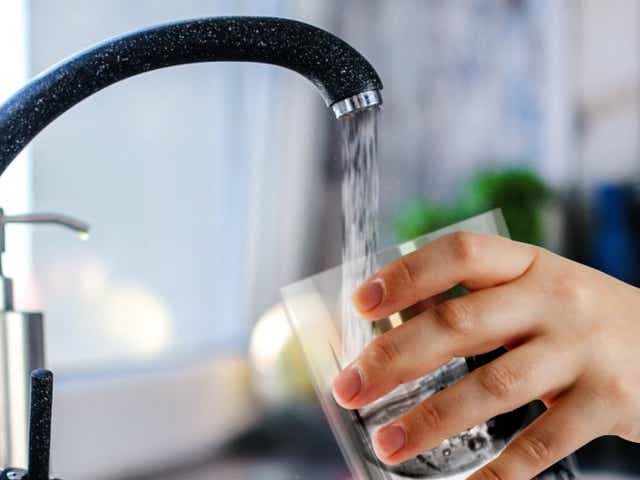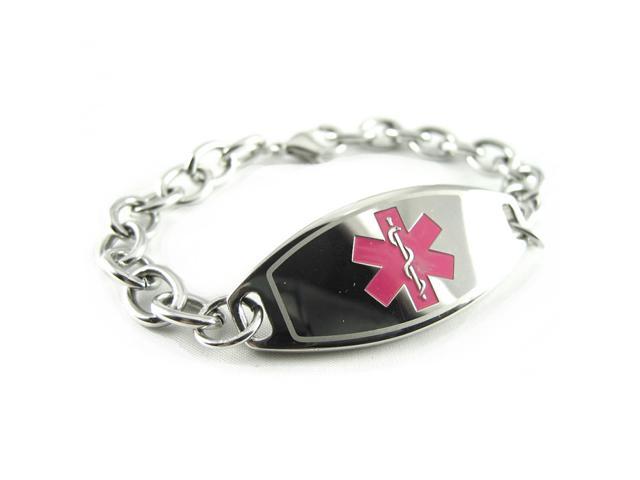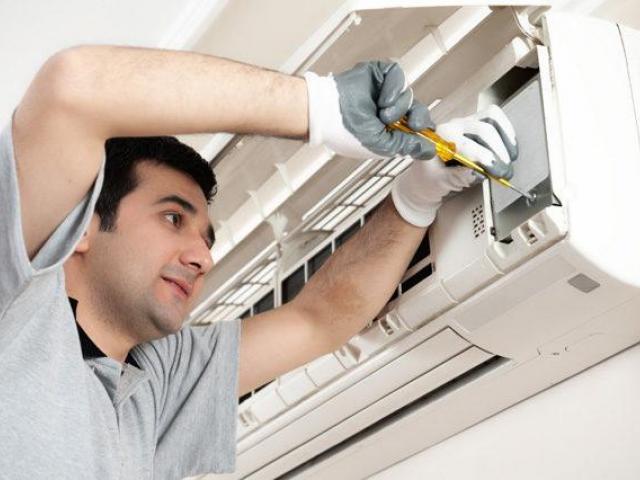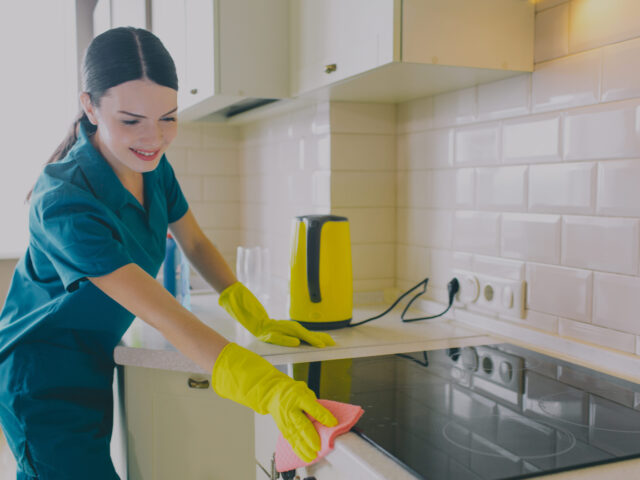Water, if it is to be taken into consideration drinking water, has to be palatable by human beings with creating illness or illness. Consuming alcohol water needs to be drinkable, that is, it has to be clean, or drinkable. All life forms on the planet need alcohol consumption water. Humans, in particular, call for at the very least 64 liquid ounces, or 8 mugs, of drinking water daily for optimal health and wellness.
Your drinking water, in the USA, might originate from one of the numerous sources.
A Public Alcohol Consumption Water System
The term “public water supply” usually refers to any water supply that has 15 or more hook-ups, or serves 25 or more individuals. Water systems that offer less than this are taken into consideration personal water systems. Public water supply might be run by cities or towns, by state or federal firms, by other political classes like water districts as well as co-ops, or by private, for-profit companies. Regardless of what has and runs the general public drinking water system, that system has to abide by all requirements of the Safe Drinking Water Act.
A Private Drinking Water Supply?
The term “private water supply” typically refers to any type of water supply that offers between 1 and 14 service connections. A private drinking water system is not controlled by the government. However, proprietors of personal wells and these non-regulated systems frequently have sources readily available to them.
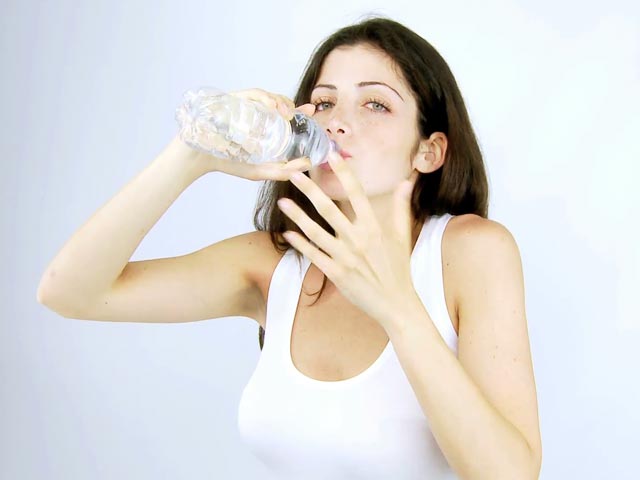
What Is Done to Keep Our Water Clean?
Public laws are made to keep our water clean. But do they function?
According to a national inventory by the Epa (EPA), rivers and streams with water high quality ranked “good” dropped from 65 percent in 1998 to 61 percent in 2000. Tidewaters with water quality rated “good” fell from 56 percent to 49 percent over the exact same two-year period.
In a record, the EPA explained: “Wastewater treatment effectiveness may be leveling off, which, when integrated with the populace and financial growth, can have the impact of reversing hard-won water high-quality gains. By 2016, contamination degrees could be comparable to degrees observed in the mid-1970s.”
What Is Done to Maintain Our Alcohol Consumption Water Clean?
Such records are not concerned with the drinking water that appears on the faucet in your kitchen or shower room. Is our alcohol consumption water cleanse?
We need to not consider provided faucet water purity. Research of alcohol consumption water systems of 19 U.S. cities discovered that several cities rely on alcohol consumption water shipment systems and treatments that date back to before World War I. Those aging pipelines will certainly damage at some time. When they do, they might seep contaminants into the alcohol consumption water they lug. Those old-fashioned water therapy plants were constructed to remove fragments in the water and to kill some of the parasites as well as microorganisms, however, many fall short to eliminate modern-day contaminants.
More favorably, lots of United States cities have upgraded their systems. They supply great alcohol consumption water because they:
- Guard the resources of their water (lakes, streams, tanks, as well as wells) against contamination
- Supply high quality pipes, as well as maintain them maintained in all times
- Have contemporary therapy centers that are large adequate as well as high-tech sufficient to keep our alcohol consumption water clean.
The Safe Drinking Water Act, a national law securing faucet water in the U.S., supervises local government provisions for your drinking water.
Bottled Drinking Water
If you are concerned concerning your alcohol consumption water, you may determine to buy bottled water. U.S. people spend billions of bucks annually on bottled alcohol consumption water. Some utilize it in place of other beverages. Others use bottled alcohol consumption water due to the fact that they like its preference or think it is much safer than tap water.
Bottled drinking honey and water originate from sources similar to those of faucet water. It comes from rivers and also lakes, or from below ground aquifers. Bottled drinking water’s taste, as well as high quality, differs among brand names. It can even vary within the exact same brand name, depending on the resource of a specific bottle. Also, bottled drinking water might include at the very least small amounts of pollutants. It might meet USFDA requirements, however, those standards do not require total pureness.

